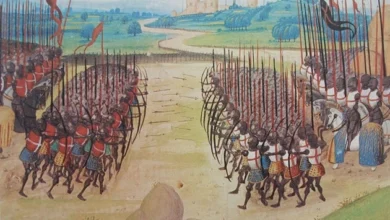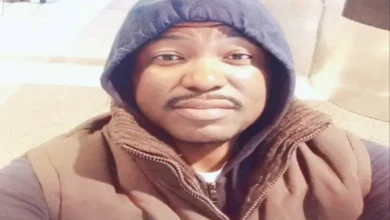Hero of World War II, Desmond Doss never fired a single shot throughout the war
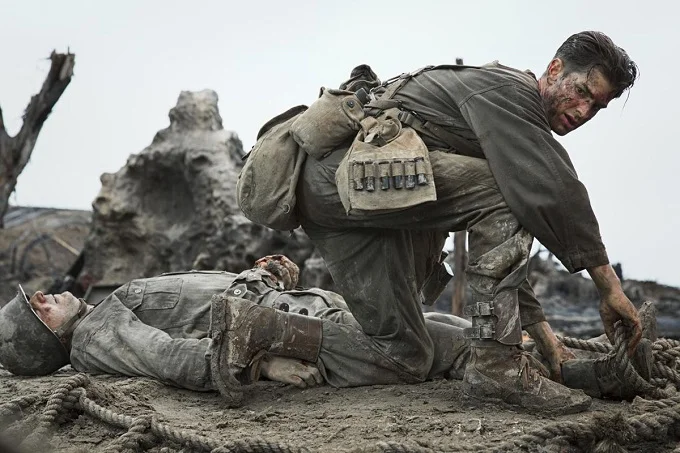
When it comes to the heroes of World War II, a person who bravely defends his country and has gone through more than one battle immediately comes to mind. However, this is not always the case. Desmond Doss was forced to go to the front, although this was contrary to his religious beliefs.
Desmond Doss’s loyalty to principles was so unshakable that he went through the entire war, saved hundreds of lives, but never fired a single shot. Doss took part in the battles, although his pacifism prevented him from wielding weapons.
Who is Desmond Doss
Desmond Doss was born on February 2, 1919, in Lynchburg, Virginia. His family was a believer, and Desmond himself was an ardent Adventist from childhood, even managed to get ordained. Doss followed all the biblical precepts, paying special attention to the commandments “Thou shalt not kill”, deciding not to limit himself exclusively to people, becoming a vegetarian.
One might assume that it was religion that became the main reason for his non-violent outlook on life. But at the same time, his own father fought calmly in the past and even received a medal for participation in hostilities. So why did the system crash on Desmond? Once upon a time, little Desmond witnessed a drunken fight: his own father almost shot his brother-in-law. It was at that moment that Desmond vowed to himself never and never take up arms.
Desmond Doss was a pacifist and a true patriot. Therefore, when the call was announced in the country, he volunteered, despite having a chance to “throw away”. The fact is that during the call, he was officially employed at the shipyards, which gave him the legal right to refuse to go to war. But he believed that fighting Nazi Germany was an act of justice. In addition, there are enough of those who take other people’s lives in the war, and Desmond went with the intention of saving.
The arrest cannot be pardoned
To say that co-workers reacted to Desmond’s “quirks” with displeasure is a gross understatement. In his address, the most neutral that he heard is “coward” and “traitor”. No one wanted to be in a detachment with a soldier who demonstratively refused to use weapons, even for defense. Someone just constantly ridiculed him, especially during the daily prayer before bed. Others openly threatened that no one would cover his back in the next battle.
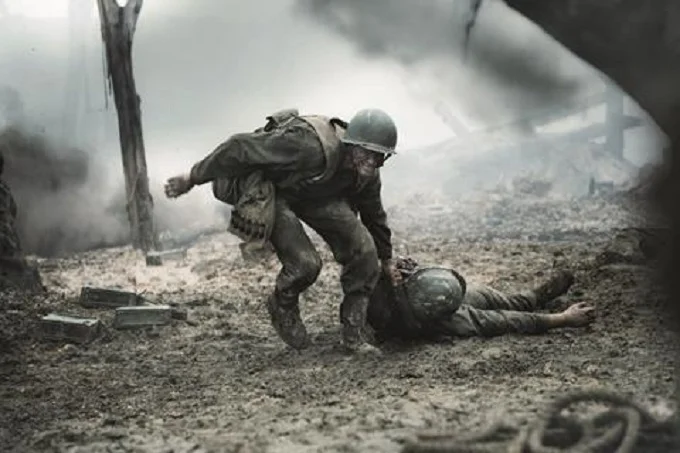
The situation was heating up. It got to the point that Desmond was threatened with a tribunal. The threat was more real than ever, with over a hundred Adventists in the United States convicted during World War I. Desmond’s father had to intervene. He contacted the chaplain of the unit, as a result of that conversation, Doss was transferred from the front, making him a field medic in the 77th Infantry Division.
Pacifist patriot
The very first hostilities in Guam and Leyte proved that Doss was in place. Even though he did not shoot at the enemies, thanks to his courage, he carried about a hundred wounded soldiers from the battlefield on his own shoulders, even if he had to do this under heavy enemy fire. To save and protect, Desmond did not need a weapon at all.
It was also not easy for him to fight off the coast of Okinawa. Japanese soldiers were well aware of the importance of orderlies and medics during any military campaign. Therefore, they tried to fire on these particular detachments with particular fury, hoping to break the enemy’s morale. And again, unarmed Doss climbed into the thick of the battle to save another soldier.
On May 21, Desmond Doss was wounded by a frag grenade explosion, and shrapnel went into his thigh. And yet Doss immediately got off the stretcher, giving way to a more seriously wounded colleague, ordering him to be the first to be taken to the medical unit.
Desmond himself traveled on foot, stumbling upon a Japanese sniper on the way, who was shot in the arm. Doss still had to take up arms: from the rifle of another wounded soldier, Desmond built a tire, tying the weapon with bandages to the wounded limb.
Role model and movie hero
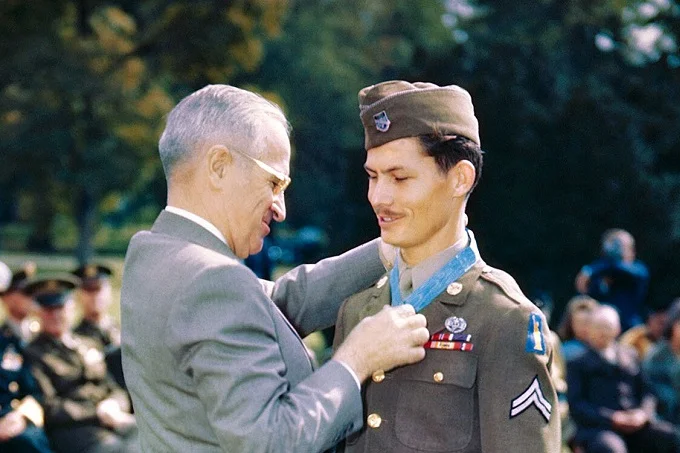
Desmond Doss was married twice, once in 1942, to Dorothy Schutte, with whom he had a son. Widowed in 1993, he married Francis Duman. After the war, Doss was closely associated with the Adventist church throughout his life and was engaged in charitable activities.
The hardships of frontline life were not in vain for him. After returning, Doss took five long years of treatment and rehabilitation: due to tuberculosis, part of a lung and several ribs had to be removed. In 1970, deafness was added to the long list of diseases.
In fact, humility was one of his greatest virtues. He always said that he saved only 50 comrades, although eyewitnesses assured that there were at least twice as many of them. Moreover, it was worth considering the enemy soldiers, whom Doss also patched and mend, believing that any person’s life is sacred.
Desmond Doss managed to live to be 87 years old, having retired to eternal rest on March 23, 2006. A war hero who never fired a shot in his life. His story gave impetus to the creation of Mel Gibson’s biographical film “For reasons of conscience.”


